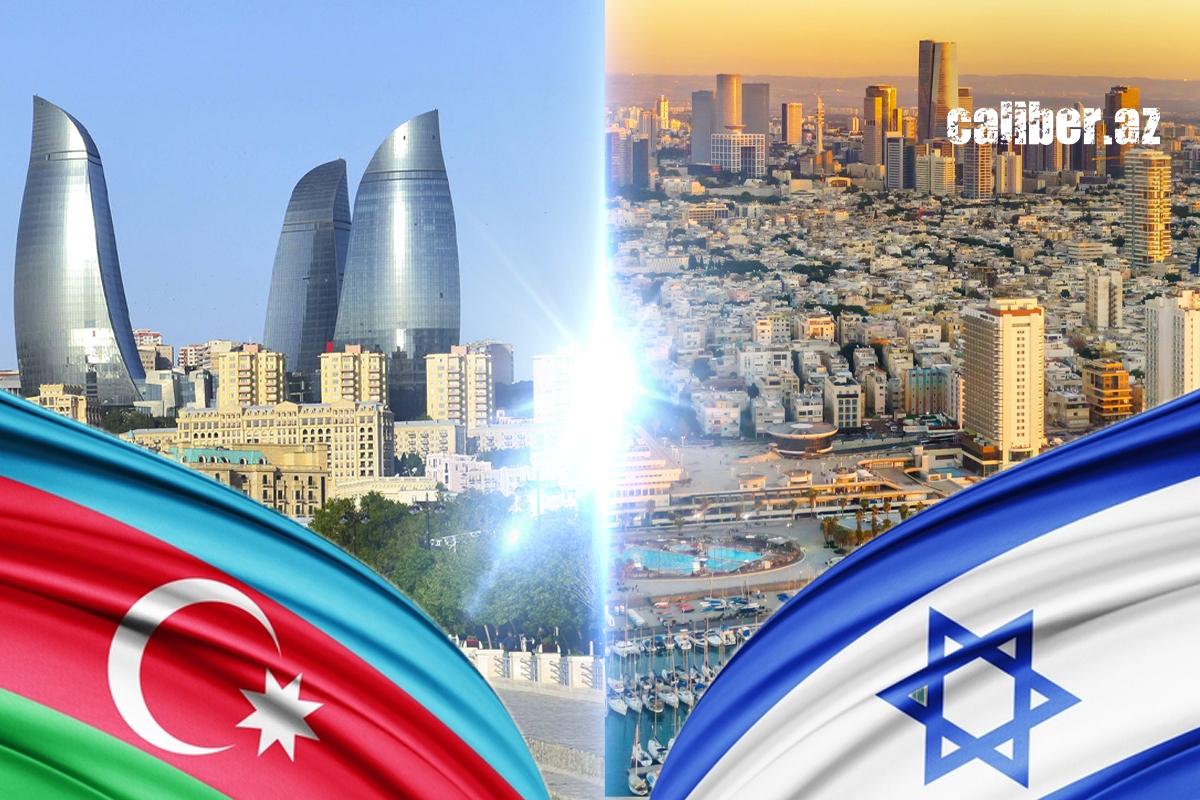Azerbaijan’s role in Gaza stabilisation force could lower risk of escalation Article by Israel National News
Israel National News – Arutz Sheva (Channel Seven) has published an article exploring Azerbaijan's potential role in stabilisation of the situation in Gaza. Caliber.Az reprints some excerpts from the article.
“Following the end of the Gaza war, which began in 2023, international discussions have gained momentum around forming a stabilisation force to restore order and rebuild infrastructure. Israel is seeking partners for postwar security, and Azerbaijan’s name has repeatedly surfaced as one of the leading candidates.
According to foreign sources, Baku is being considered alongside other Muslim-majority countries. Experts believe its participation could bring Israel strategic, diplomatic, and economic benefits. Joseph Epstein, director of the Turan Research Center in Washington, said Azerbaijan’s inclusion ‘would strengthen Israel through its long-standing partnership.'
Professor Zeev Khanin of Bar-Ilan University’s Begin-Sadat Center noted that ‘the Israeli-Palestinian conflict had no bearing on the Baku-Jerusalem alliance; Baku never froze or delayed cooperation due to any escalation.’
Over the past three decades, Israel and Azerbaijan have built close security ties. Azerbaijan also used Israeli-made defence systems in the 2020 Karabakh war, which analysts say could be valuable for stabilising Gaza.

Azerbaijan’s participation could also help legitimise the mission in the eyes of the Muslim world. The secular, Muslim-majority country has maintained open relations with Israel. Its presence in a peacekeeping coalition could frame the mission as humanitarian rather than occupying and may encourage other regional partners to join.
Baku has pledged continued humanitarian aid to the Palestinians and brings postwar reconstruction experience from Karabakh that could help Gaza rebuild.
On the economic front, Azerbaijan supplies much of Israel’s crude oil. In 2025, its national energy company SOCAR deepened the partnership by purchasing a 10 percent stake in Israel’s Tamar gas field, a move Jerusalem views as strategically linking energy, security, and diplomacy.
Analysts say Azerbaijan’s involvement would diversify the coalition, reduce dependence on Western troops, and lower the risk of escalation. The presence of a trusted Muslim partner would send a message of pragmatic regional cooperation based on mutual interests rather than ideology.
If a multinational force is ultimately established in Gaza and Azerbaijan joins it, experts believe success will depend on execution: a clear mandate, balanced authority, and effective coordination between military and civilian priorities. They see in this initiative a test of whether regional alliances can turn diplomacy into lasting stability on the ground,” the article outlines.








